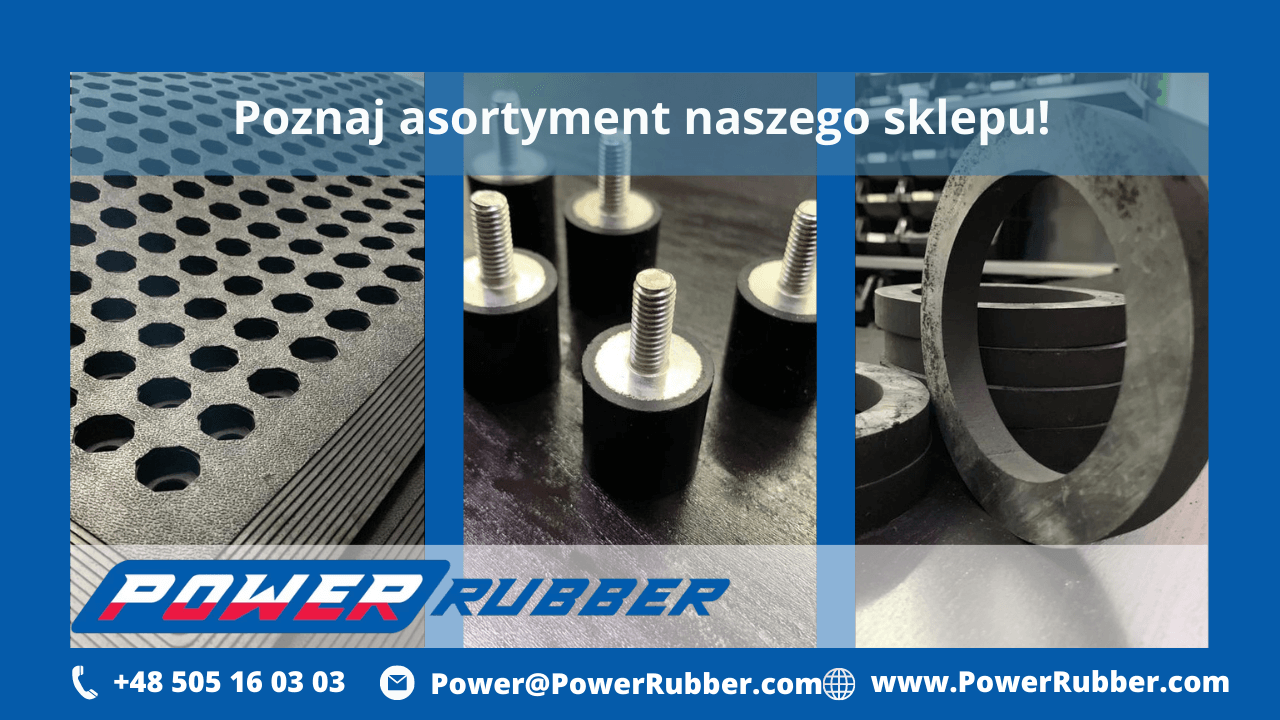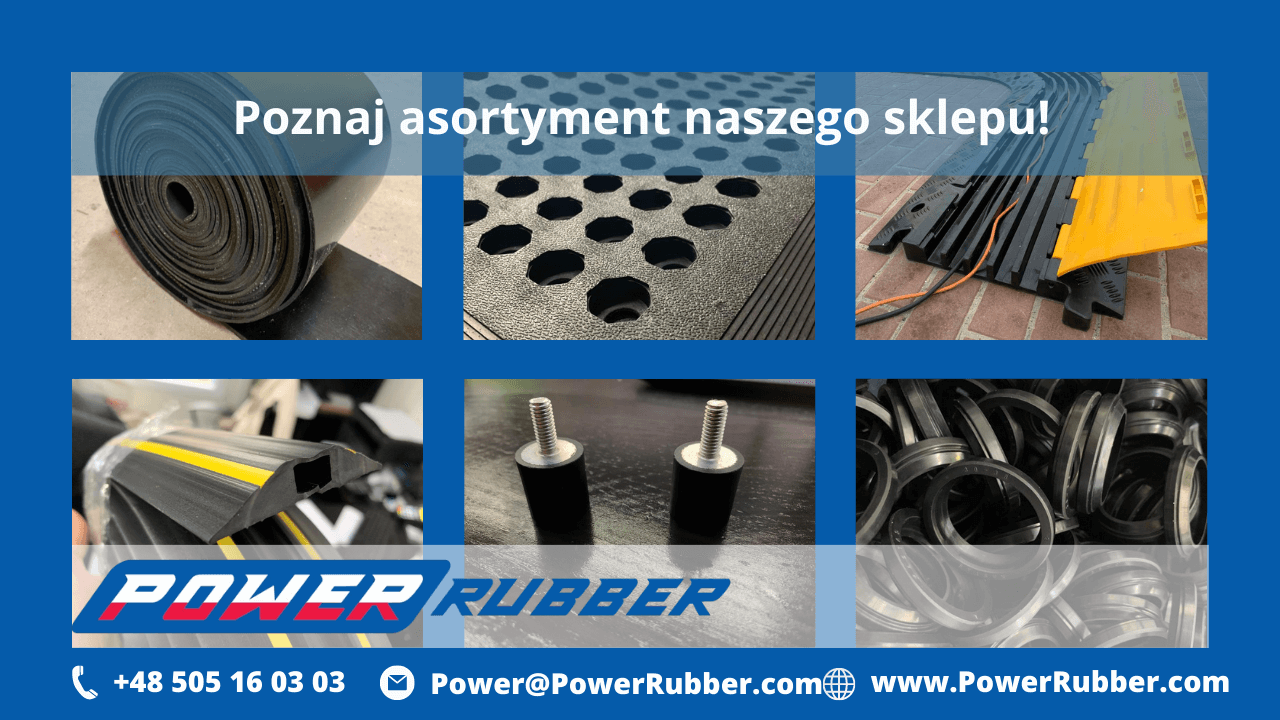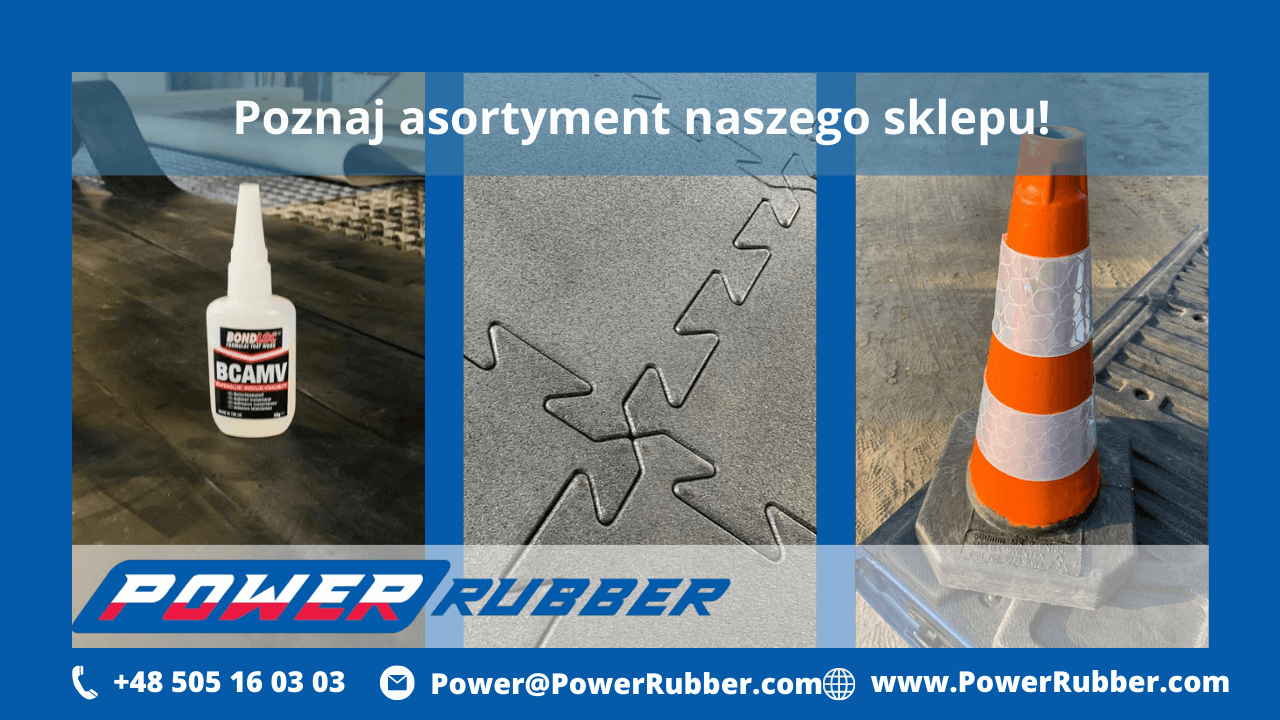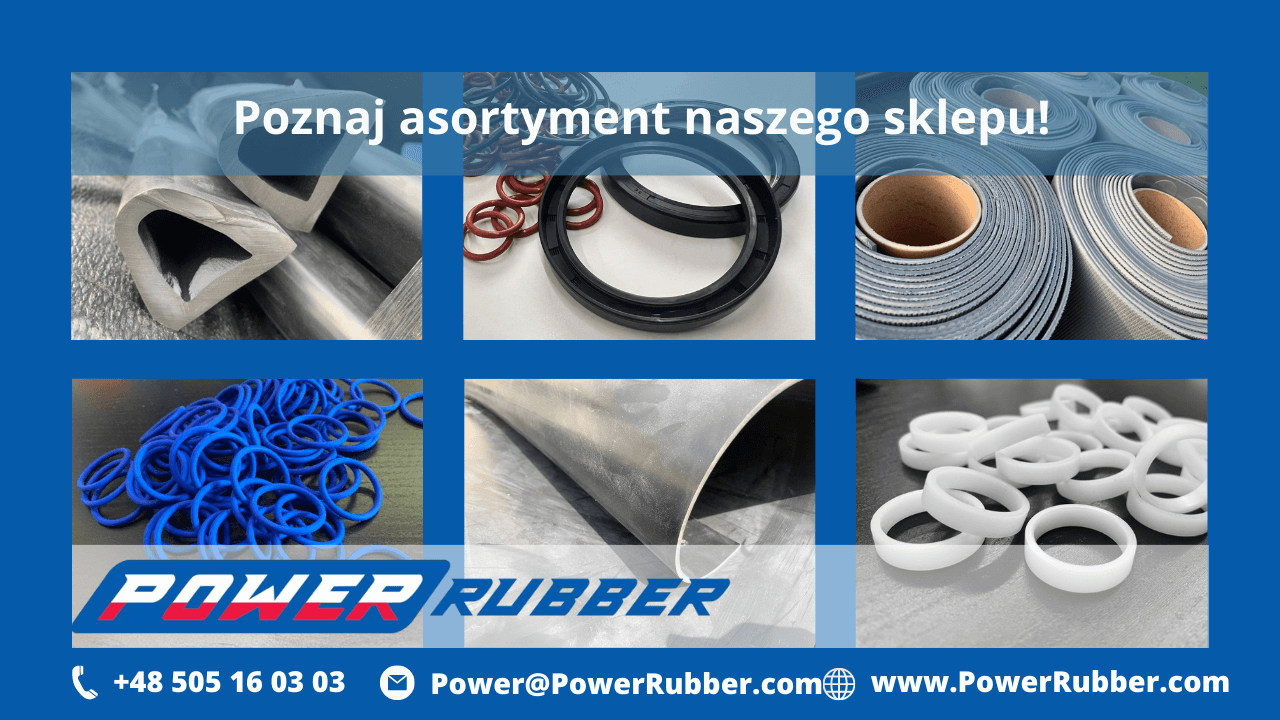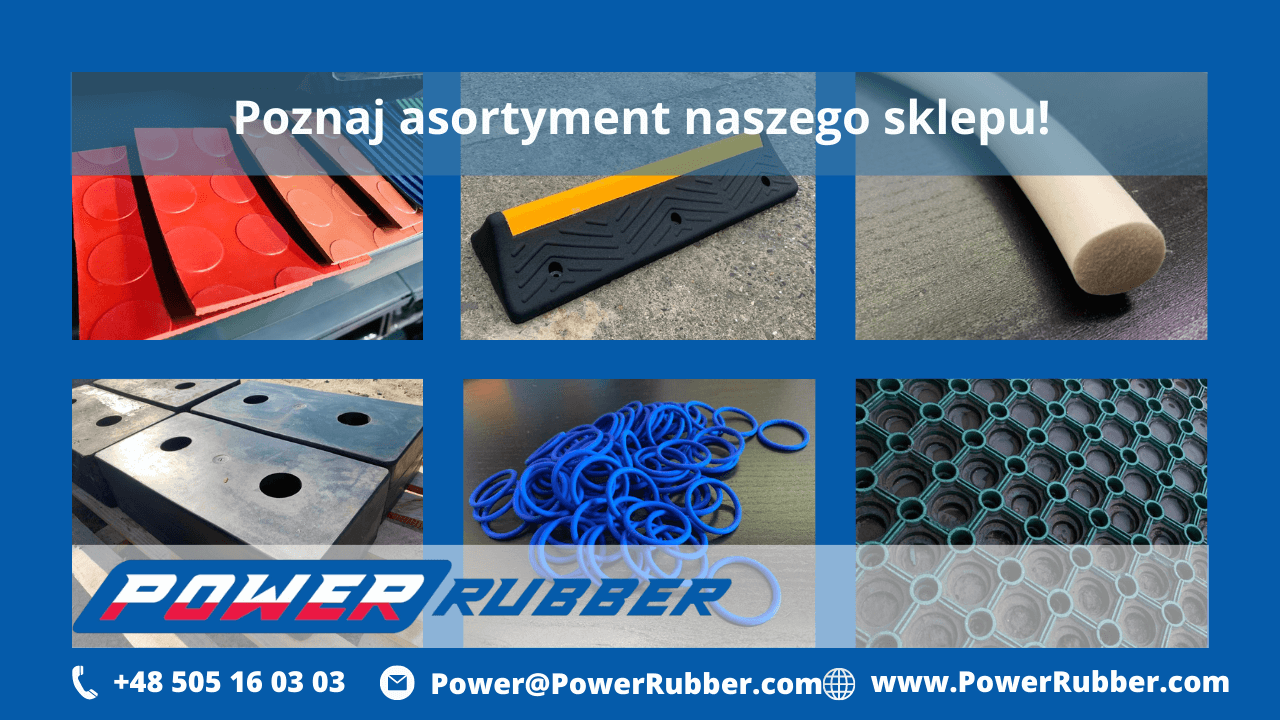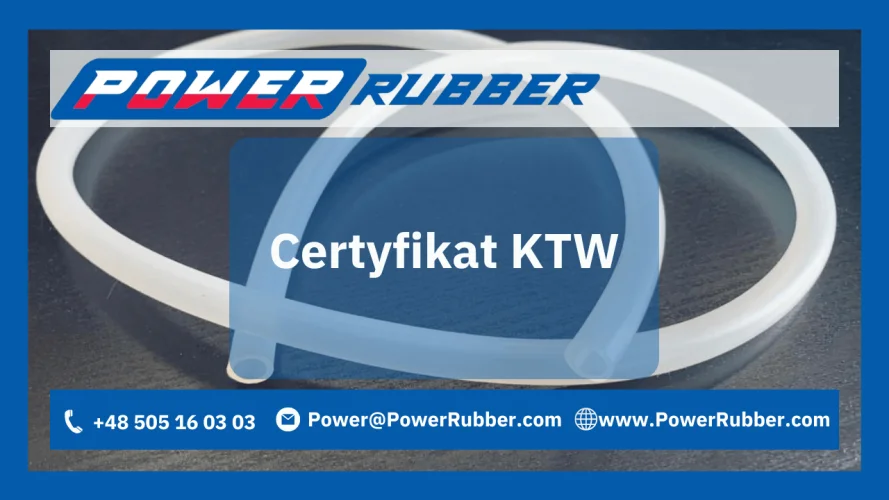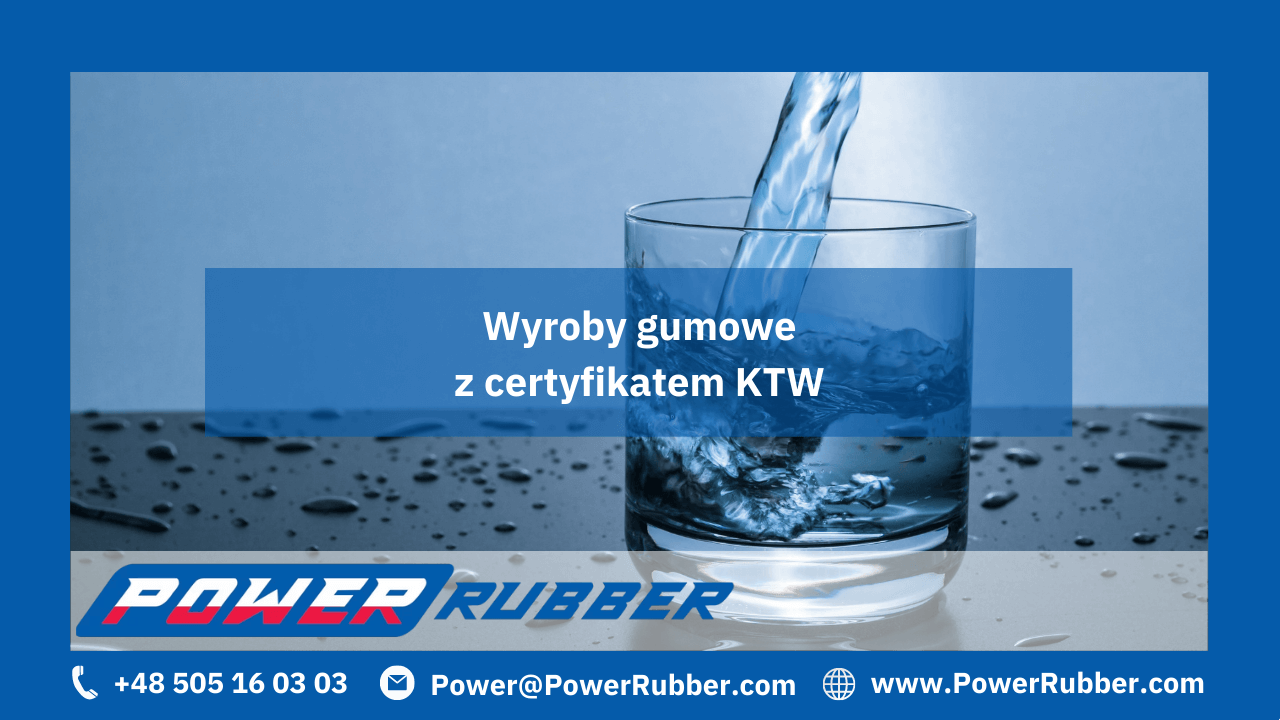KTW Certificate
The KTW Certificate applies to plastic materials and products that come into contact with drinking water. Water is classified as potable when it contains no microorganisms, parasites, or other substances that could pose a direct or indirect threat to human health.
UBA – German Environment Agency
The German Environment Agency (Umweltbundesamt – UBA) has established the criteria for assessing materials and substances intended to be in contact with drinking water. Any coatings or materials used for the production or transportation of drinking water must hold appropriate certification. UBA provides a list of approved substances, testing methods, and limit values for material migration.
Materials and substances approved for use with drinking water must not promote the growth of microorganisms or lead to contamination. Assessment criteria clearly define the allowed levels of substance migration into potable water. These materials and coatings must not negatively affect the water’s quality, taste, odour, colour, or clarity. Most importantly, they must not compromise human health, either directly or indirectly, as regulated by the German Drinking Water Ordinance (TrinkwV).
KTW Certification Explained
KTW stands for Kunststoff-Trinkwasser (Plastics in contact with Drinking Water). The KTW certificate defines hygiene requirements for plastics (such as polypropylene, polyethylene, polyester, vinyl chloride, and polyamide) and silicone, which must be met before these materials are approved for use with potable water. The KTW-W270 standard certifies that all materials intended for drinking water contact have been tested in German laboratories (such as TZW and DVGW) following the UBA’s strict guidelines.
Testing laboratories examine:
-
Water’s appearance, taste, and smell
-
Emission of total organic carbon (TOC) compounds
-
Chlorine consumption levels in diluted solutions
-
Migration of substances such as formaldehyde or phenol
-
Leaching of heavy metals like lead or zinc
Additionally, the KTW certificate includes criteria based on the EN-16421 standard. This European standard outlines three test methods used to assess the potential of non-metallic materials to promote microbial growth. It applies to individual materials or products used in transport and storage systems for drinking water. The EN-16421 compliance section of the KTW certificate confirms that these materials meet hygienic safety standards. The certification may also include additional requirements for thermoplastic elastomers and similar substances.
KTW Certification – Evaluation Criteria
All materials and substances intended to come into contact with potable water must meet strict hygiene and safety requirements before being approved for use in water supply systems. This includes not only plastics (such as elastomers), but also mineral raw materials (e.g. glass), metals, lubricants, and adhesives.
Below are the evaluation categories for different material types:
-
Metallic Materials – Hygienically safe metals approved for drinking water contact
-
Enamels and Ceramics – Only allowed components may be present
-
Cement-based Materials – Assessed for safe use in water systems
-
Plastics and Organic Materials – Evaluated based on organic coatings, plastics, and lubricants
-
Silicones and Elastomers – Must comply with additional requirements if applicable
The KTW certification is valid for five years from the date of issue.
Need Rubber Products with KTW Certification?
If you require certified rubber materials for potable water applications, feel free to contact us.
